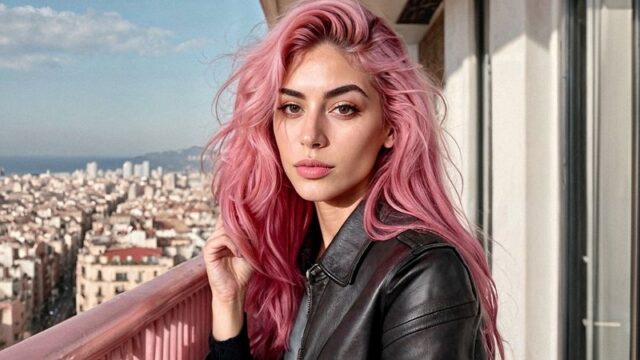The world’s first artificial intelligence beauty pageant has been announced – proving AI is not only the future, but can also help society move back in time.
The Fanvue Miss AI contest will offer a total prize pool of $20,000 (£16,000) to whoever can artificially generate the most attractive fake woman.
According to MailOnline, the AI-generated women will be ‘judged’ on beauty, social media clout and their creator’s use of AI tools.
Fanvue said it expects to receive thousands of entries. To take part, hopefuls need to submit an AI-generated image of a woman and answers to a list of questions, including the pageant classic ‘what would be your one dream to make the world a better place?’
Entries will be whittled down to a top ten, before the final three are announced on May 10, followed by an online awards ceremony later that month. The winner will take home the top prize of $5,000, plus an ‘imagine creator mentorship programme’ worth $3,000.
The AI women will be ‘ranked’ by a panel of four judges, two of whom are being billed as AI-generated themselves, Aitana Lopez and Emily Pelligrini.
Both are AI models – Aitana nets her creators up to $10,000 a month by ‘posing’ in designers’ latest creations, including Victoria’s Secret, Guess, and Brandy Melville.
However, it will be their creators who are doing the judging.
Britain’s only pageant historian Sally-Ann Fawcett and Andrew Bloch, Lord Sugar’s PR advisor, complete the panel.
Speaking to MailOnline, Ms Fawcett said: ‘As one of the world’s only traditional pageantry historians, it’s really exciting to be involved in an awards which feels so futuristic.
‘Interestingly, there are so many parallels between real-life pageantry contestants and AI creators, and how they engage with their audiences.’
The AI women will be judged on their ‘beauty and poise’, alongside elements of ‘classical pageantry’ – although it is the creators who will complete the ‘talent’ portion of the competition, being assessed on their ‘skill and implementation of AI tools to create their digital masterpieces’.
This will also focus on particular details such as around the eyes and hands, areas image generators typically struggle with, often adding or removing fingers.
SOURCE: Metro









